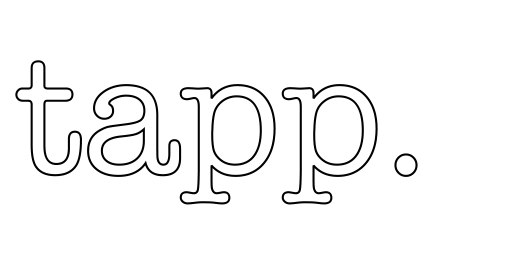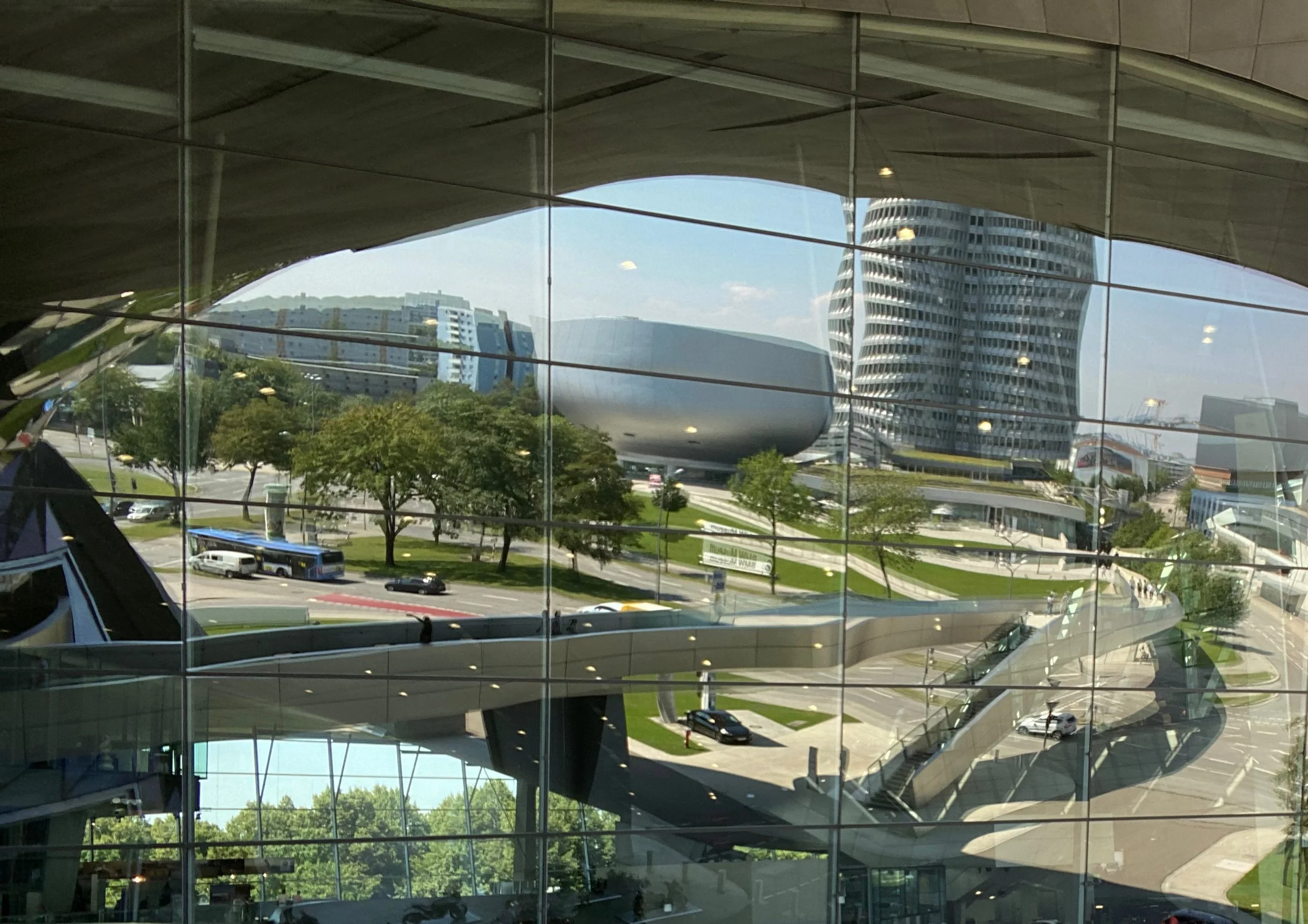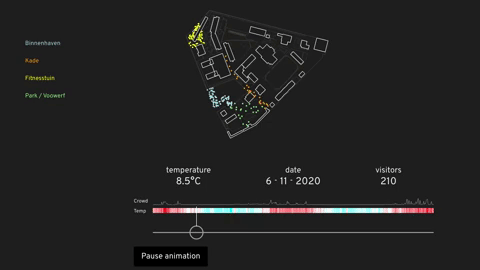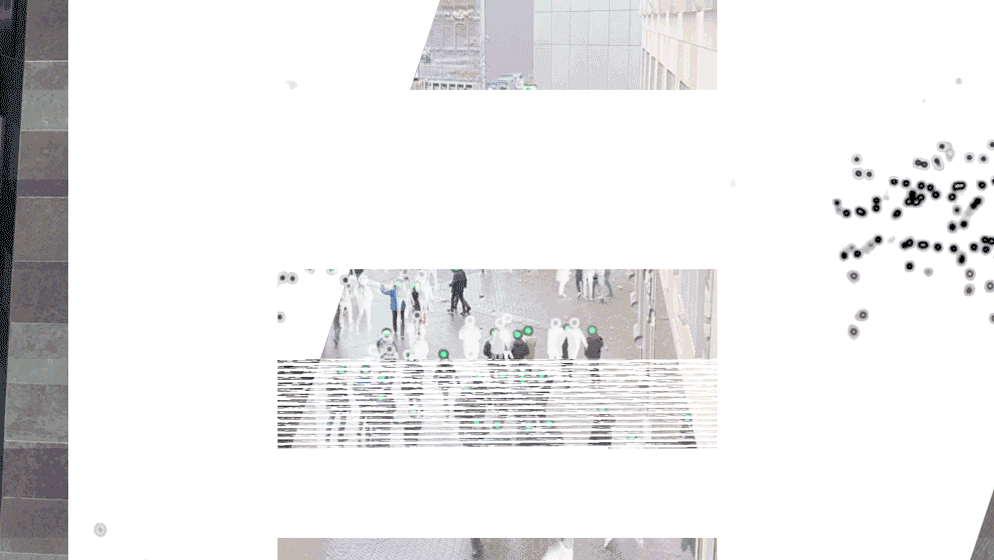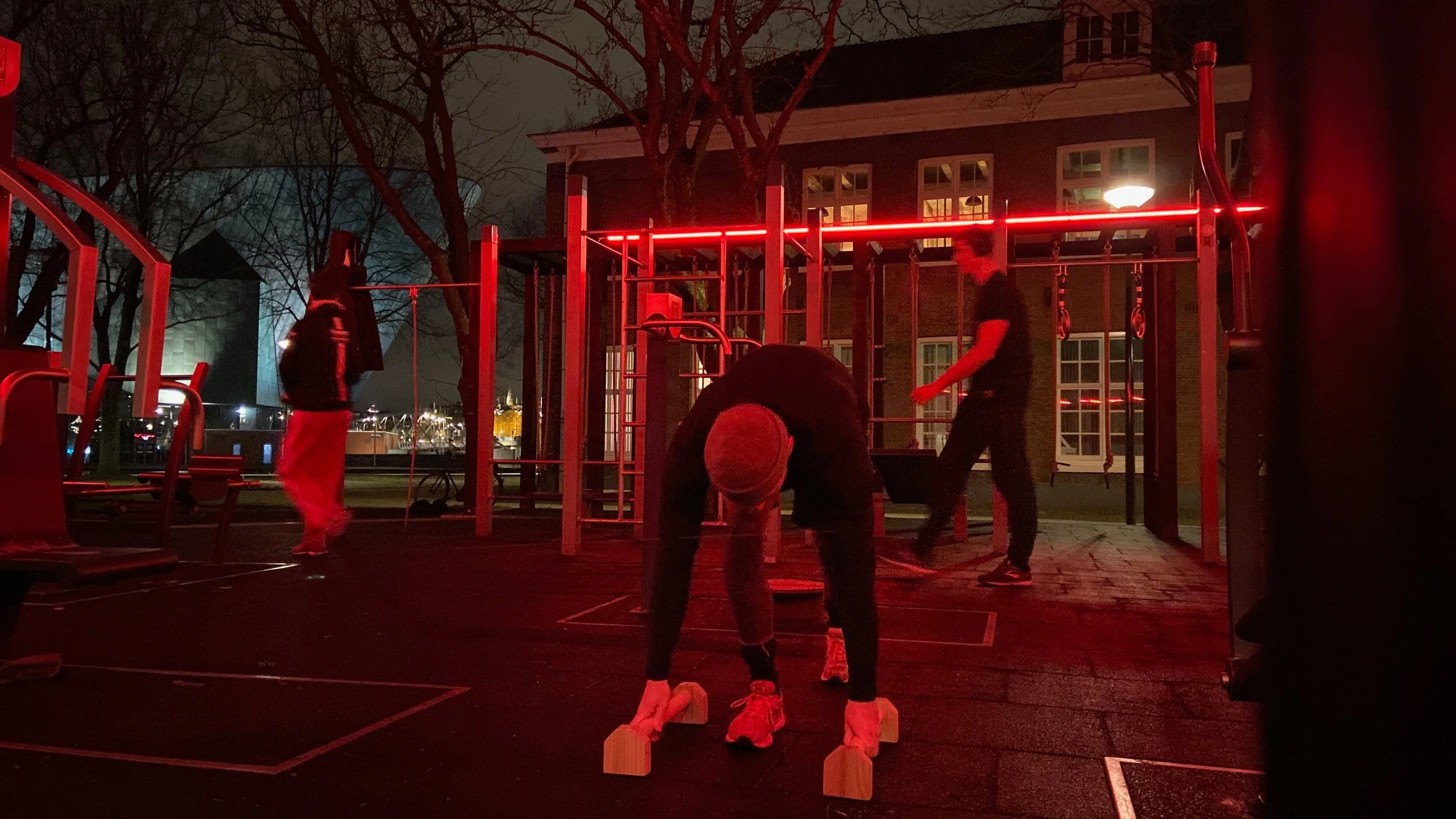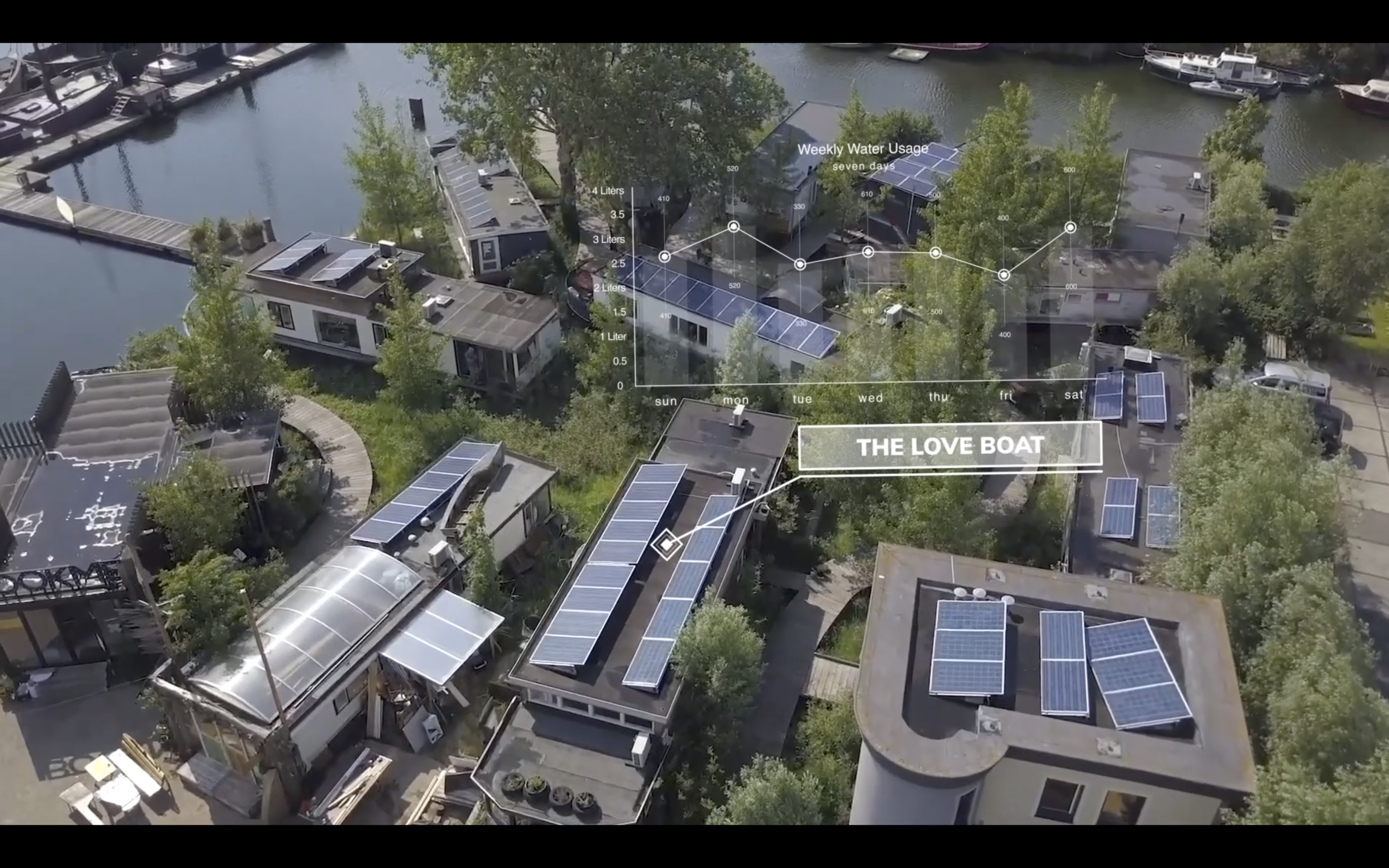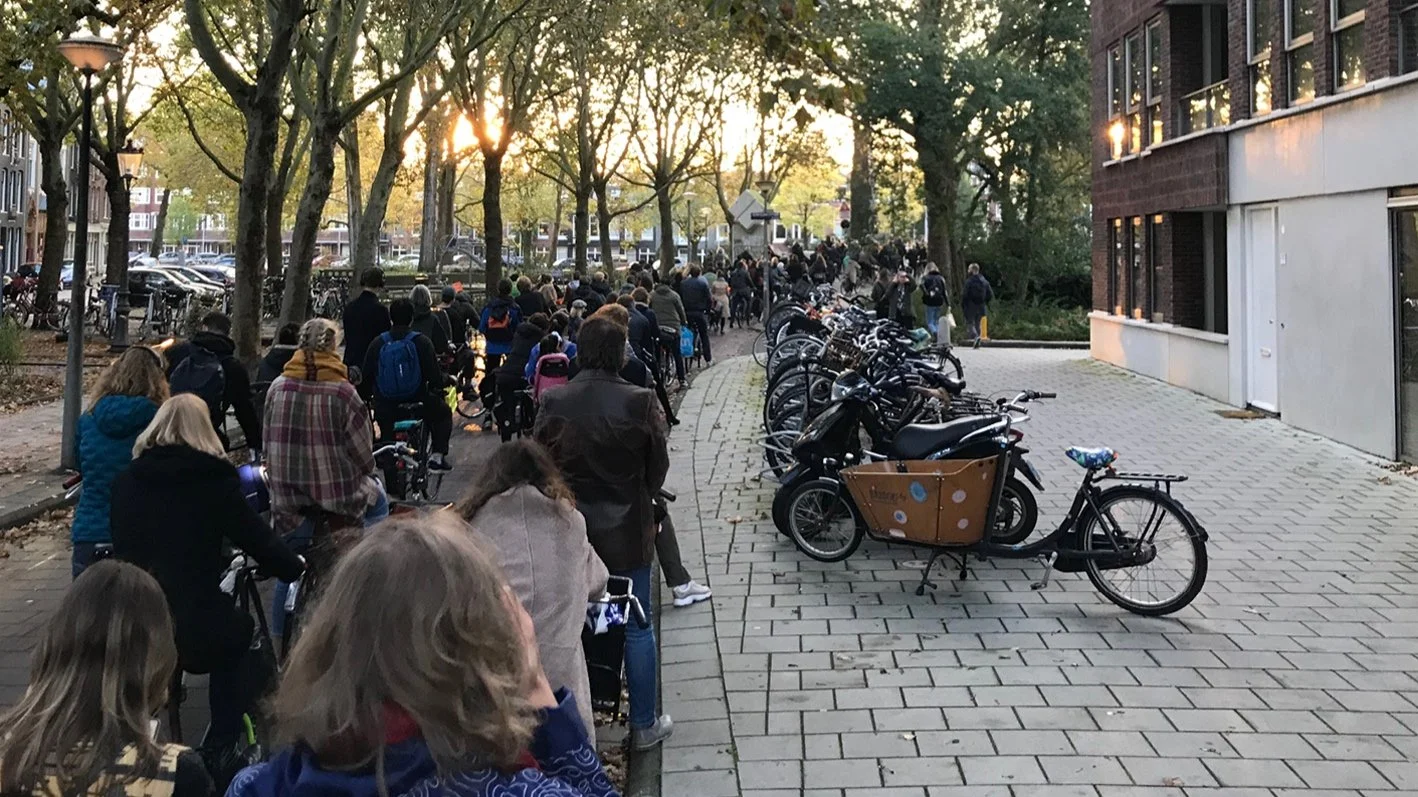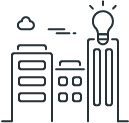
Open City Data Projects
Data and AI are all the rage. But what are the practical application of all this intelligence for our cities? In City Data projects, we source data using sensors, apps or citizen scientists to connect people, look at our built environment, and create new insights.
There are fascinating stories behind each date and data set summarizing activities on the Marineterrein like the amount of people in the picnic area, swimmers in icy water and athletes in the rain.
PublicEye is the world's first privacy by design crowd counting system that can accurately count people in public space. This open source AI was developed for UEFA Cup 2020 playoffs.
Using a AI / Computer vision solution can count the number of people using Fitness Garden and detect moments people come within 1.5m of each other.
Amsterdam is not a city that needs to worry about water, however, there are many cities around the world that are seeing much more extended dry periods.
RTL & Bright invited local designers, business developers and engineers to participate in a unique event in the JaarBeurs 18-19 November 2017 to rapid prototype viable & sustainable solutions for dairy farmers across the Netherlands
Our build surrounding and digital worlds are colliding - so what is the future of architecture and urban planning in our hyper-digital era? The Smart City Safari app - reveals the many invisible layers of our city by helping you locate the many sensors in their natural habitat and how they are making smart cities like Amsterdam more responsive and resilient. Using AR (Augmented Reality) will show you technologies normally invisible to the public eye. With your own phone you’ll be able to locate the many data collecting sensors, transmitters, and many other technologies in and around you.
In 2014, the Chilean government assigned Tapp to explore how the local laborers could become more visible and thus more profitable. Two apps were developed to help laborers register their skills and projects, and another app for citizen to find, book and pay them.
In 2018, Amsterdam University of Applied Sciences together with it’s regional innovation partners launched an ambitious initiative entitled Campus Amsterdam aiming to connect all campuses, labs and innovation districts in the Amsterdam metropolitan area. The initiative provides entrepreneurs, researchers and students from around the world with one entrance to the region's wealth of innovation, knowledge and education.
What are the impacts of self driving on our streets and sidewalks, how does autonomous delivery work in public space?
The goal is to simplify and accelerate urban construction projects by making the projects more accessible and inclusive to the general public. The Future is Digital Co-Creation
